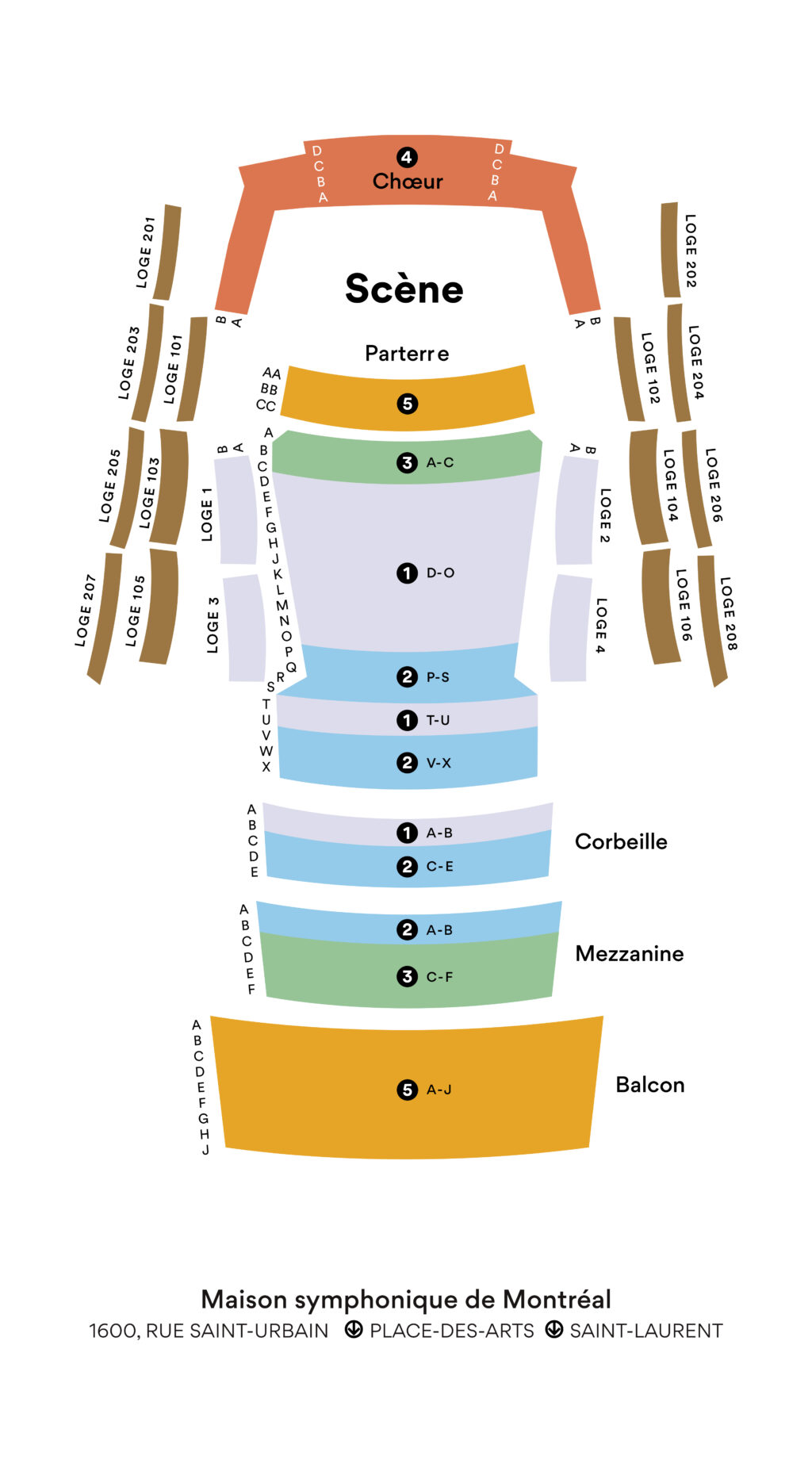Antony and Cleopatra, “Death of Cleopatra”
Barber
1910 – 1981
Exceptionally gifted from a young age, Samuel Barber began learning piano from his mother while his aunt Louise Homer, a contralto with the Metropolitan Opera, sparked an interest in vocal music, which would ultimately form nearly two-thirds of his output. Enrolled at Philadelphia’s Curtis Institute of Music, where he studied singing, composition and orchestral conducting, and the recipient of many awards, Barber forged a brilliant career in Europe and his country of birth by cultivating an “elegant neo-Romanticism” (Virgil Thomson). Despite the occasional foray into dodecaphony and polytonality. his writing remains “elegiac, lyrical and refined” (Marc Honegger), though it also doesn’t shrink from dissonance and, in contrast to his compatriots Bernstein, Copland and Florence Price, doesn’t incorporate typically American jazz and folklore elements.
Among his few stage works, Barber left us two operas. The first, Vanessa, won a Pulitzer Prize in 1956. Barber then received a commission for a second, this one for the 1966 inauguration of the Metropolitan Opera House at the Lincoln Center for the Performing Arts in New York City. It would be Antony and Cleopatra, with a libretto by Franco Zeffirelli based on selected passages drawn from the Shakespeare play of the same name. Despite the presence of Leontyne Price in the role of Cleopatra, the premiere was poorly received and, due to the cast of hundreds, which included live animals, deemed vulgar and extravagant. However, the New York Times did note that “Mr. Barber’s score, as we discovered from subsequent exposure to revised excerpts, was to a great extent an innocent victim of the over-all fiasco.” Barber was devastated and put the opera back on the drawing board, working with his partner, Gian Carlo Menotti, to premiere a revised version in 1975.
On Cesar’s death, Mark Antony inherits Egypt and its queen, Cleopatra. The two fall madly in love. But Antony’s rival, Octavius Cesar, forces Antony to marry his sister Octavia to strengthen ties. He then declares war on Egypt, for he too is taken with Cleopatra. Defeated, Mark Antony takes his life and, in a grand final scene, the queen joins him in death from the bite of an asp. In an atmosphere alternating between agony and resignation, Cleopatra, in royal garb, voices her thoughts as her servants present her with the basket that contains the fatal snake. Sumptuously orchestrated, the intense and dramatic music brilliantly expresses all the feelings that cross the queen’s heart and mind before she draws her final breath.
© François Filiatrault, 2023
Translation © Craig Schweickert
